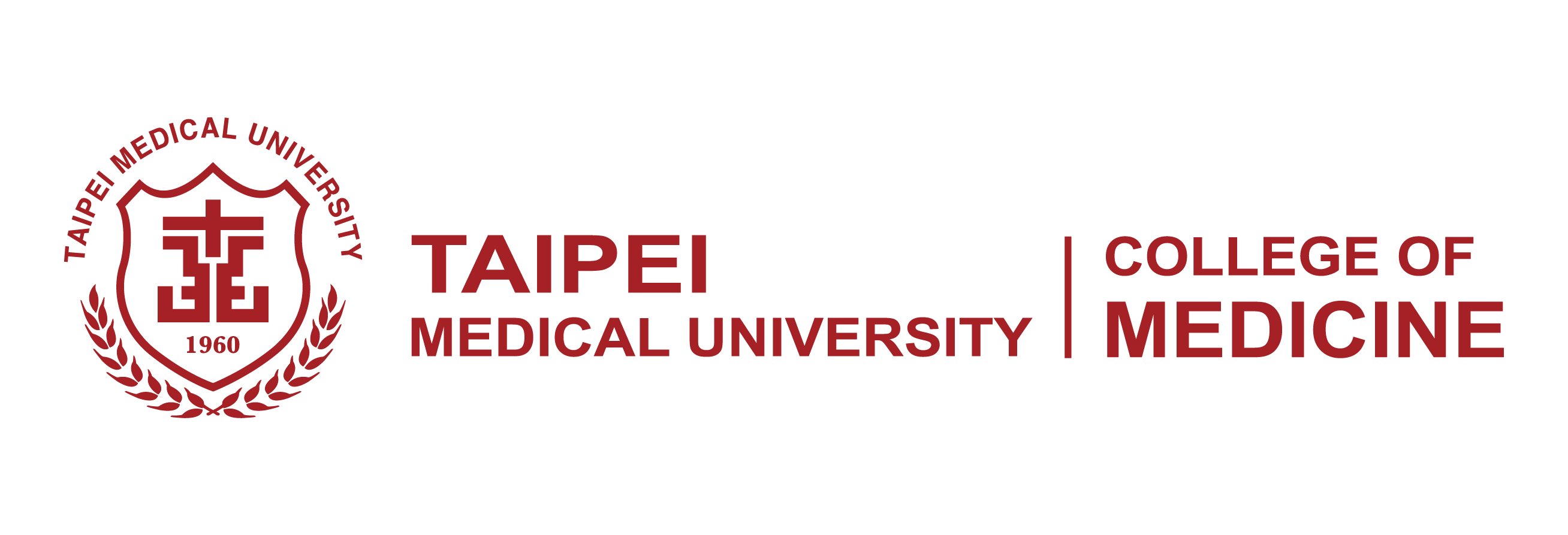Research | Departments
Research
Departments
Research | Departments
Research
Departments
Dr. Peng’ research include topics-related kidney disease, prostate cancer and bladder cancer.

Email | misspeng@tmu.edu.tw
Profile | Academic Hub/Pure Experts
Professor (Ph.D)
Integratice research of clinical medical treatment on chronic kidney disease, benign prostatic plasia, diabetes
Laboratory of Urological Disease
Dr. Tsai is a rigorously trained physician-scientist focusing on basic and translational cancer research with a career goal aiming at developing breakthrough therapeutics targeting cancer aggressiveness and treatment refractoriness.
Dr. Tsai graduated with an M.D. from Taipei Medical University (Taiwan) in 1993, and completed his clinical training in internal medicine, gastroenterology, and GI oncology. Dr. Tsai then earned his Ph.D. in Biological Sciences – Genetics and Complex Diseases from Graduate School of Arts and Sciences, Harvard University (MA, USA) in 2005. During his thesis work, Dr. Tsai established novel 3D coculture models to interrogate stress-induced stromal-epithelial interactions.
In 2007, he conducted postdoctoral research at the University of Pennsylvania (PA, USA) and the University of California San Francisco (CA, USA) and spearheaded the study of novel tissue-architecture-related mechanisms of multi-drug resistance in cancer. Following his postdoc research, Dr. Tsai joined the National Institute of Cancer Research in National Health Research Institutes (NHRIs) as an Investigator, and then became the Director and Professor of Graduate Institute of Clinical Medicine at Taipei Medical University.
Dr. Tsai is the recipient of many awards, including Harvard Presidential Scholar, USA, Outstanding Research Award, Taiwan, Kobayashi’s Foundation Award, Japan, and Young Scientists Research Achievement Award of NHRIs, Taiwan. He is the first or corresponding author of more than 30 research papers in top-notch biomedical journals such as Nature Cancer, Gastroenterology, J Exp Med, J Am Coll Cardiol, Gut, Cancer Res, etc, and he also served as the PI in several GI cancer-related clinical trials.
His major scientific achievements include the identification of a regulatory hub of developmental/stemness signaling and invadopodia that drives cancer stemness and progression, which may hold promises for development into novel CSC-targeted therapies. He co-identified a cell-intrinsic and chromatin-mediated cellular “death checkpoint” whereby most malignant tumors resist cytotoxic stress; the targeting of which yields an exciting opportunity for sensitizing malignant tumors to chemotherapy and immunotherapy.
(Professor)
(Research Assistant)
(Master Student)
Peng CC, Chen CR, Chen CY, Chen KC, Peng RY.
Bicalutamide may enhance kidney injury in diabetes by concomitantly damaging energy production from OXPHOS and glycolysis.
Chem Biol Interact. 2022 Apr 1;356:109858.
Abstract
–
Chen KC, Chen CR, Chen CY, Peng CC*, Peng RY.
Bicalutamide Exhibits Potential to Damage Kidney via Destroying Complex I and Affecting Mitochondrial Dynamics.
J. Clin. Med.2021, 12, 135.
Abstract
–
Peng CC, Chen CR, Chen CY, Lin YC, Chen KC, Peng RY.
Nifedipine Upregulates ATF6-α, Caspases -12, -3, and -7 Implicating Lipotoxicity-Associated Renal ER Stress.
Int J Mol Sci. 2020;21(9):E3147.
Abstract
–
Chen KC, Chen CR, Chen CY, Tzou KY, Peng CC*, Peng RY.
Bicalutamide Elicits Renal Damage by Causing Mitochondrial Dysfunction via ROS Damage and Upregulation of HIF-1.
Int J Mol Sci. 2020;21(9):E3400.
Abstract
–
Peng CC, Chen CY, Chen CR, Chen CJ, Shen KH, ChenKC*, Peng RY.
Renal Damaging Effect Elicited by Bicalutamide Therapy Uncovered Multiple Action Mechanisms As Evidenced by the Cell Model.
Sci Rep. 2019 Mar 4;9(1):3392
Abstract
–







 Total Users : 216170
Total Users : 216170 El-Wei Loh 羅爾維
El-Wei Loh 羅爾維 